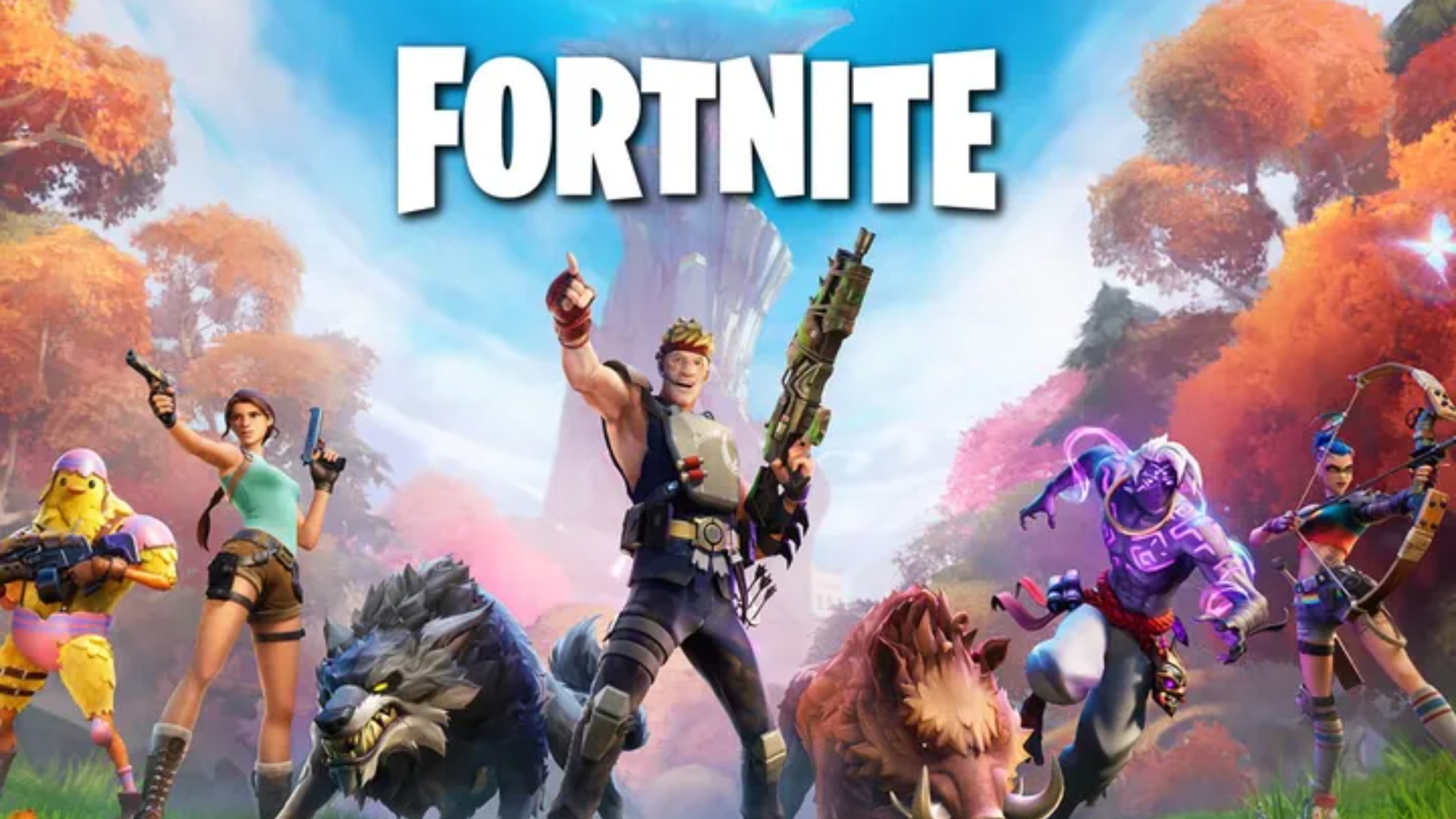In the ever-evolving landscape of gaming, certain titles have left an indelible mark on the culture, shaping the way we play, interact, and perceive the medium. One such phenomenon that took the gaming world by storm is Epic Games’ Fortnite. This retrospective aims to delve into the multifaceted impact of Fortnite on gaming culture, examining its influence on player engagement, esports, and the broader entertainment industry.
The Rise of Fortnite: Launched in 2017, Fortnite quickly gained traction for its unique blend of battle royale gameplay, vibrant graphics, and innovative building mechanics. The game’s free-to-play model made it accessible to millions, transcending traditional gaming demographics and fostering a diverse player base.
Cultural Integration: Fortnite’s impact extended beyond the gaming sphere, seamlessly integrating into mainstream culture. The game’s emotes, dances, and iconic skins became cultural phenomena, with celebrities and athletes frequently showcasing their Fortnite-inspired moves. The Battle Royale genre, once niche, became a global phenomenon thanks to Fortnite’s cultural crossover.
The Social Experience: Fortnite’s success is deeply rooted in its social elements. The game’s virtual events, such as concerts and movie screenings, broke new ground in creating shared experiences within the gaming community. The Marshmello concert and the Travis Scott event stand out as prime examples of how Fortnite redefined the concept of live entertainment in the digital realm.
Esports Evolution: Fortnite played a pivotal role in shaping the esports landscape. The Fortnite World Cup in 2019, with its staggering $30 million prize pool, showcased the game’s potential as a competitive platform. The rise of prominent players and content creators, like Ninja and Tfue, contributed to the game’s status as a powerhouse in the esports arena.
Changing Business Models: Fortnite’s success prompted a reevaluation of traditional gaming business models. The game’s free-to-play approach, supported by in-game purchases, challenged the conventional wisdom of upfront game pricing. The battle pass system, offering a tiered progression with cosmetic rewards, became a blueprint for monetization in the gaming industry.
Challenges and Controversies: However, Fortnite’s journey was not without challenges. The game faced criticism for its addictive nature, especially among younger players. The constant evolution of the in-game map and mechanics also led to divided opinions within the player community.
Conclusion: As we reflect on Fortnite’s impact on gaming culture, it becomes evident that its influence extends far beyond the confines of a typical video game. Fortnite not only reshaped the gaming landscape but also demonstrated the potential for games to be cultural phenomena, blurring the lines between virtual and real-world experiences. Whether through its social events, esports prominence, or business model innovations, Fortnite has left an enduring legacy in the annals of gaming history.
